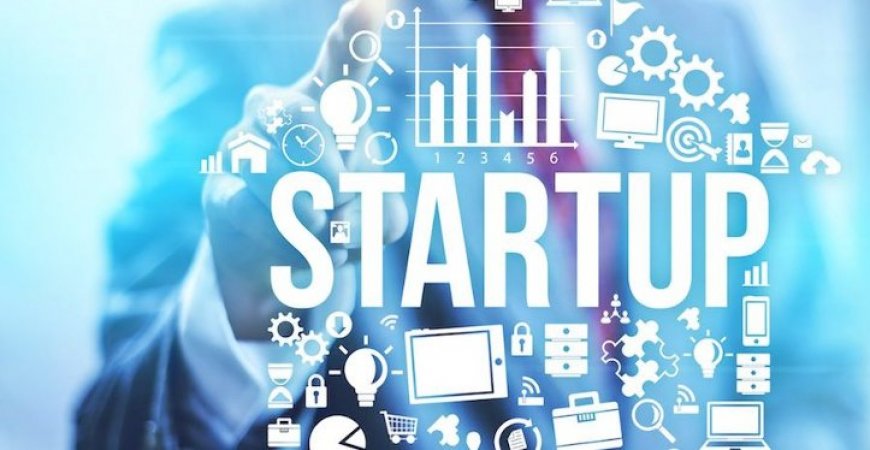RIO DE JANEIRO, BRAZIL – The year 2020 was a challenging period for the Brazilian population. The obstacles brought by the spread of Covid-19, along with the impact of the virus, had repercussions in all areas of society, chief among which were financial losses that became part of the daily lives of Brazilians.

According to PNAD (National Household Sample Survey) published by the IBGE (Brazilian Institute of Geography and Statistics ), the unemployment rate reached 14.1 million people by October last year. It is undeniable that the consequences of this statistice will also be felt during 2021 and until the country steps away from this economic fragility.
While 2020 became a year of frustration for some, others found opportunities to capitalize on prosperous spaces within the market, such as startups.
According to the Brazilian Association of Startups (ABSTARTUPS) Brazil totaled 12,700 startups in 2020, a figure almost three times higher than in 2015.
Along with quantitative growth, there was also financial expansion. Through June 2020, there was R$5.7 billion invested in Venture Capital investments focused on companies with smaller revenue, and R$4.5 billion in Private Equity, an investment model focused on well-established companies.
Still according to ABSTARTUPS’ reports, the maturing process of the entrepreneurship ecosystem in the country plays a large part in the growth of this company format.
For start-up companies, the ability to reinvent themselves and adapt more quickly made the difference. A study by SEBRAE (Brazilian Micro and Small Business Support Service), in partnership with FINEP (Funding Authority for Studies and Projects), points out that, unlike what happened in traditional companies, 76% of startups didn’t need to dismiss employees during their first year, and 16% hired more employees.
The study also shows that, in the general scenario of medium and small-sized companies, 4% observed an increase in revenue, while 13% of innovative small businesses saw an increase in revenues during the crisis.
Moreover, of the total of 15 Brazilian startups that have reached a minimum market value of one billion dollars, the so-called unicorns, four reached this level in 2020. In line with this trend, 2021 is expected to be a promising year. Despite the challenges due to the crisis triggered by the novel coronavirus pandemic, the year shows encouraging indicators.
This year has already seen a first startup reach a market value of one billion dollars, and experts expect an increase in the number of mergers, acquisitions and IPOs. Moreover, regulatory progress such as the approval of telemedicine, the advent of the Open Bank System and PIX, are crucial elements for the startup market to continue reaping good results this year.
Source: Tribuna de Minas

